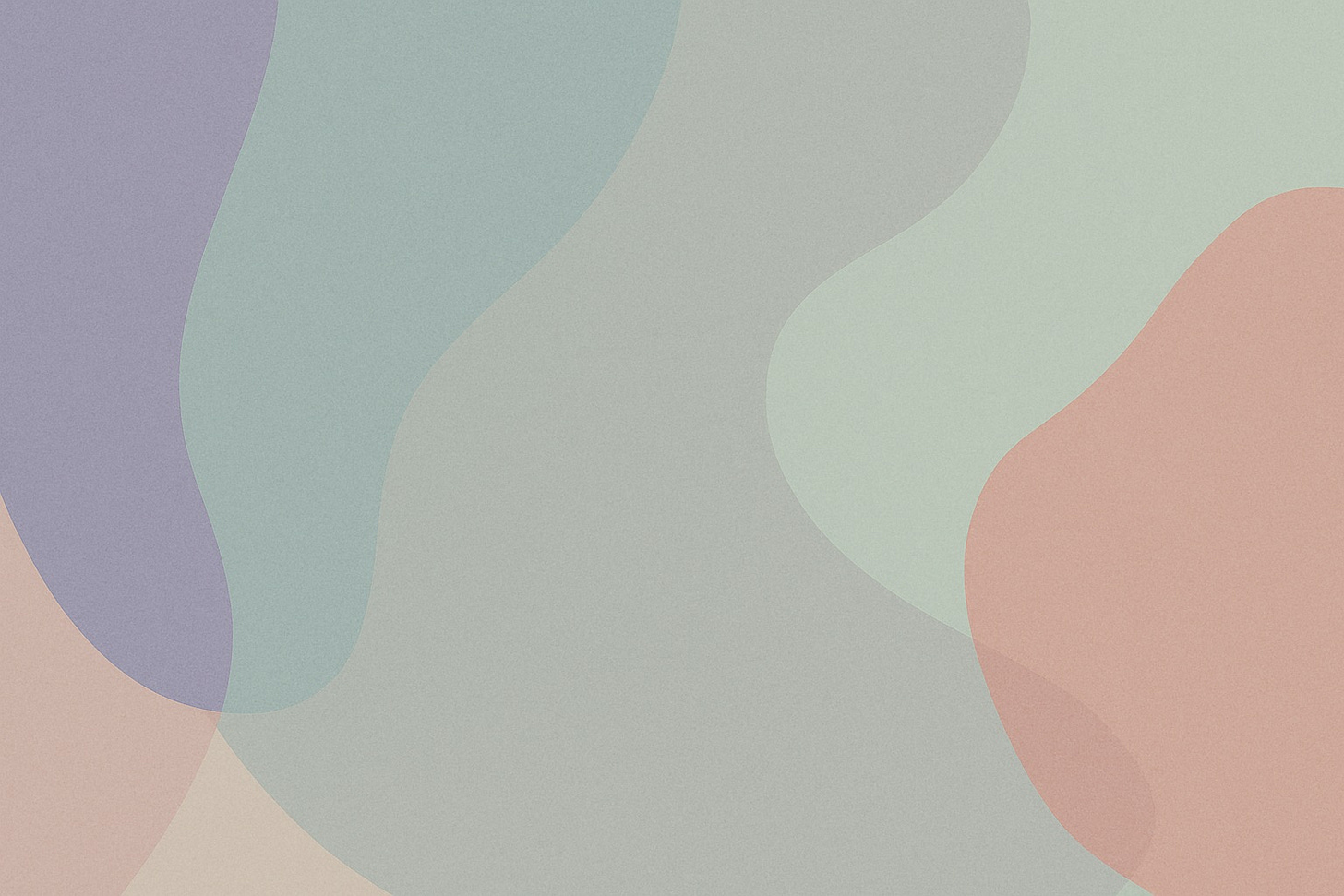Editor’s note: Dan Berger is taking a break this week. In his place, we’re pleased to share this month’s contribution from Mentis, a community-based mental health care provider serving our region and a regular contributor to Napa Valley Features. To read Berger’s recent work — or explore more from our contributors — visit the Napa Valley Features homepage.
Empathy Is Strength
By Charlotte Hajer
NAPA VALLEY, Calif. — What if we led with empathy this month?
May is packed with meaning: It’s both Mental Health Awareness Month and Asian American and Pacific Islander Heritage Month. Last weekend we celebrated the mothers in our life, and for the rest of the month we’ll be cheering on high school and college graduates as they take the first step toward the rest of their lives. In all these different ways, May invites us to consider the unique blend of feelings, experiences, memories and anticipations that other people in our lives might be carrying beneath the surface. I want to encourage you all to slow down enough this month to heed that call and to join me in thinking about empathy — not just as an ideal but a necessity.
Empathy is anything but soft. Empathy is strength. It’s the groundwork of a healthy community, a resilient society and a mentally well future.
At Mentis, we see every day how empathy changes lives. We know it’s not a passive feeling: It’s an action, a practice. It’s a decision to meet someone where they are, even when their experience is different from ours. Empathy is the starting point for healing, connection and mental well-being. And it’s something our community needs now more than ever.
Let’s start with mothers.
Mother’s Day is a beautiful chance to celebrate the caregivers in our lives – but it can also trigger grief, guilt and exhaustion. The responsibility of caring for children is enormous and often remains too invisible. For many, caregiving can come at the expense of their own mental health, especially those who don’t have an adequate support system, who live with economic insecurity or who face additional stressors in their lives such as racism, systemic inequities, language barriers or immigration fears.
Empathy means asking, “How are you doing — really?” It means creating space for mothers to speak honestly, without fear of judgment. It means recognizing that postpartum depression, anxiety and burnout are real and that seeking support is a strength, not a failure. It means acknowledging that caregiving is often shared across generations and recognizing the many others besides mothers who play a role in caring for children. And it means remembering those in our midst who might be grieving a lost mother or processing a complicated relationship with a key caregiver.
I also invite you to reflect on AAPI Heritage Month with empathy — to celebrate the contributions of AAPI cultures to the beautiful diversity of our community but also to embrace the plurality of this word, cultures. To recognize that the AAPI experience is not monolithic. It includes immigrants, refugees, multigenerational families, adoptees and people celebrating multiple kinds of cultural heritage and identity – as well as people navigating racism, invisibility or the pressure to conform.
Mental health can be a tricky topic in some AAPI communities. Stigma, silence and social norms can discourage people from speaking up or reaching out for the support they need. But we can begin to shift this, one conversation at a time. When we honor stories across generations, make room for emotional expression, and respect both tradition and change, we build bridges. That’s empathy at work.
And finally, there are the graduates in our community: the high schoolers and college students who are taking the next step in their lives. Some may feel excited, others may carry anxiety. For many, graduation comes with pressure – to succeed, to make their families proud, to have a clear plan for what’s next. Especially for first-generation students or those from under-resourced backgrounds, the weight of expectation can feel overwhelming.
Empathy is the starting point for healing, connection and mental well-being. And it’s something our community needs now more than ever.
Let’s support our graduates, not just by cheering them on but by being honest about the ups and downs of adulthood. By letting them know it’s OK to feel unsure. That it’s OK to fall down and get back up again. That it’s OK to ask for help. That success isn’t about perfection — it’s about perseverance and about building your community of support.
Empathy gives us the tools to do all of this. It shifts our mindset from “What’s wrong with you?” to “What happened to you?” From “Why aren’t you coping better?” to “How can I support you?” It requires humility, patience and the willingness to listen without rushing to fix.
As a mental health organization, we at Mentis often talk about the importance of prevention: of reaching people early, before they’re in crisis. Empathy is the foundation of prevention. It’s what keeps us connected. It’s what makes people feel seen and safe enough to open up. It’s an antidote to the isolation many of us struggle with and to the increasing judgment, fear and even hate that is seeping into public rhetoric.
And it works. Give yourself time to slow down this month, pay attention to the people and the community around you, and you’ll begin to notice how even a single moment of empathy — a teacher who notices a student is struggling, a friend who listens without judgment, a neighbor who checks in — can be the turning point for someone who thought they were alone.
This May let’s honor mothers, not just with flowers but with care for their well-being. Let’s celebrate AAPI heritage, not just with festivals but with the courage to talk about mental health. Let’s cheer for graduates, not just with applause but with compassion for all they’re navigating.
Let’s lead with empathy — in our homes, our schools, our neighborhoods and our policies.
Empathy is anything but soft. Empathy is strength. It’s the groundwork of a healthy community, a resilient society and a mentally well future. And the good news is, we all have the capacity to practice it — today and every day.
If you or someone you love is experiencing a mental health crisis, call or text the 988 Suicide and Crisis Lifeline.
If you or someone you love needs mental health or wellness support, please visit our Mentis Community and Youth Resource Database. Mentis is one of Napa’s oldest nonprofits and provides bilingual, affordable mental health services to people of every age and income level.
—
Charlotte Hajer is Mentis’ development director. She holds a Ph.D. in cross-cultural mental health and loves to write about the way individuals experience and navigate the social and cultural world around them.

















Beautifully said, Charlotte. What a world it would be if we changed it from "Mental Health Awareness Month" to Month of Empathy. Giving grace all around.